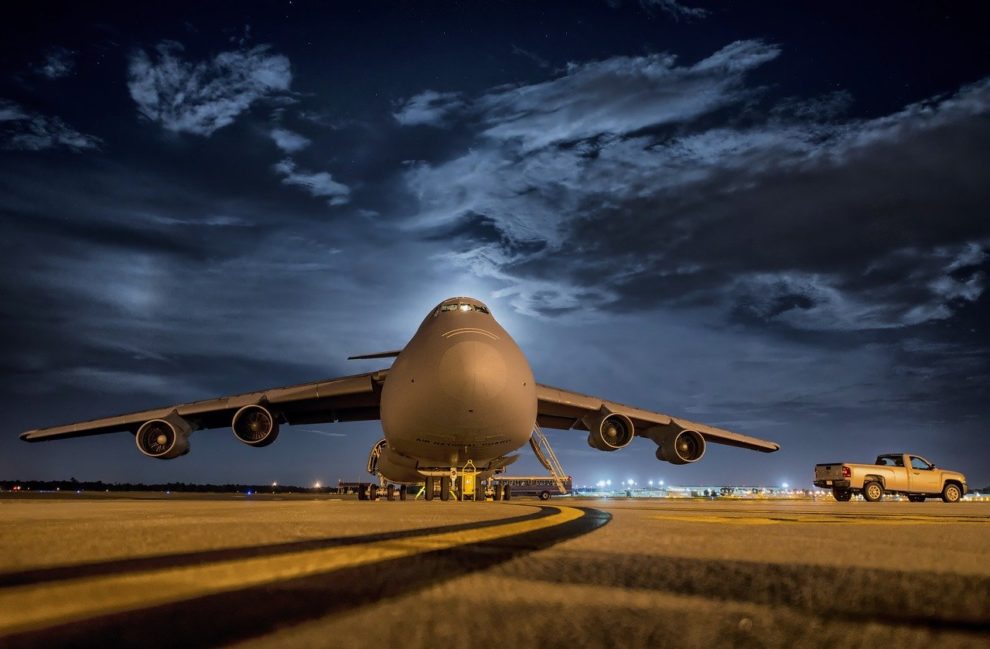Aerospace giant Airbus is to conduct test flights to study the composition of contrails left by zero-emission hydrogen-powered planes, the company announced Wednesday at the Farnborough Air Show.
The project, named Blue Condor, is part of efforts to bring a hydrogen-combustion plane into service by 2035 to try to eliminate CO2 emissions, the main gas responsible for the greenhouse effect.
Two gliders, one equipped with a hydrogen combustion engine and the other with a kerosene-powered engine, will fly this winter at an altitude of 10,000 meters (32,800 feet) over North Dakota, in the US.
A chaser plane will analyse and compare the composition of the emissions from the two gliders to assess their safety.
The company needed to better understand “the extra impacts of the different propulsion technologies in the atmosphere”, Airbus’s Chief Technical Officer Sabine Klauke told journalists.
While they knew about CO2 emissions, she added, “we know far less about NOx (nitrogen oxides), about contrails”.
The impact on global warming of contrails left by planes has still to be fully evaluated. But it seems at least as important as CO2 emissions, according to a recent study by the European Union Aviation Safety Agency (EASA).
Under certain humidity and temperature conditions, steam issued from combustion turns into ice crystals, which then form cirrus — high clouds taking the form of white strands.
Despite having a cooling effect, as they send a part of solar energy back into space, these contrails prevent the radiation coming from the Earth from leaving the planet.
